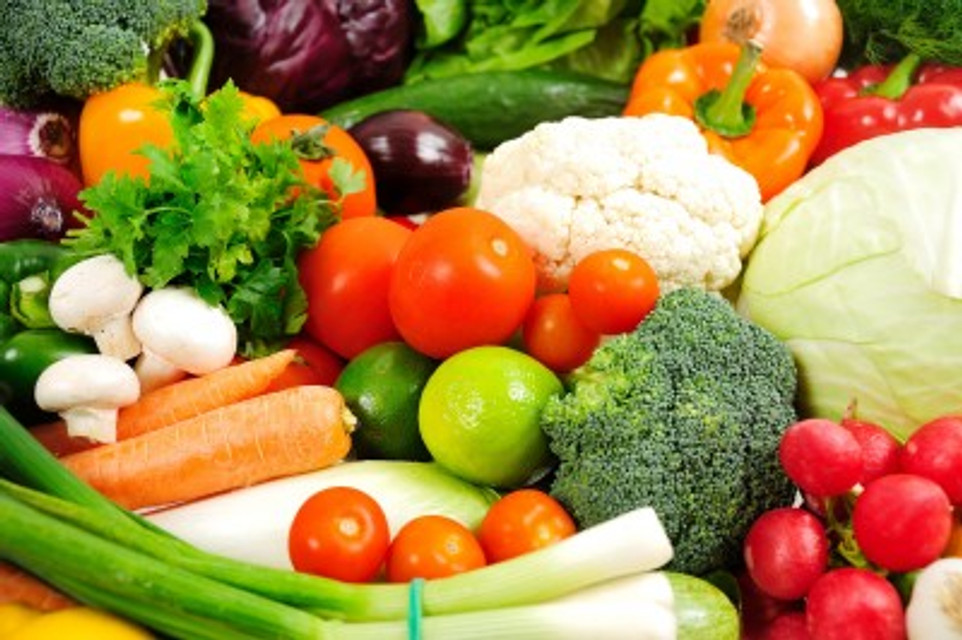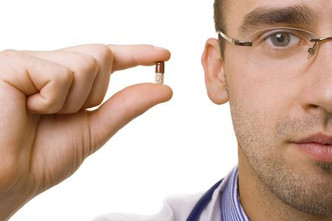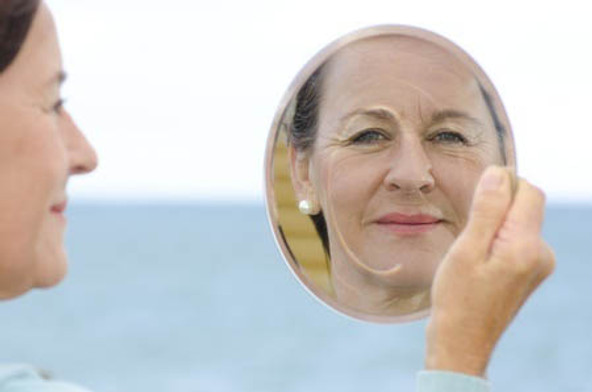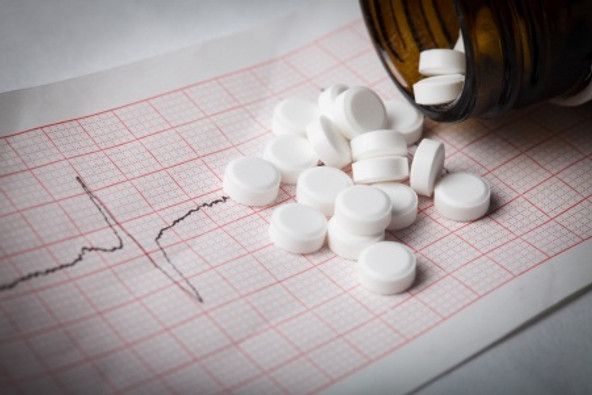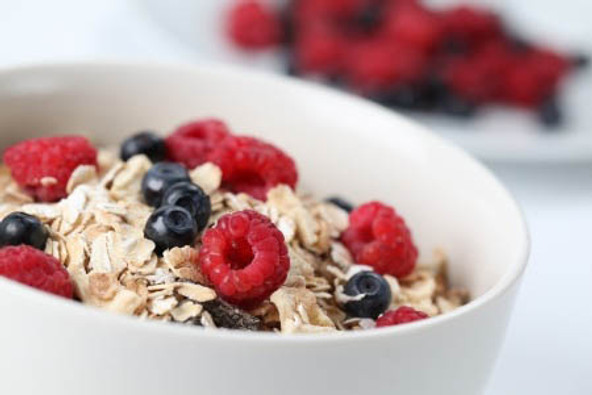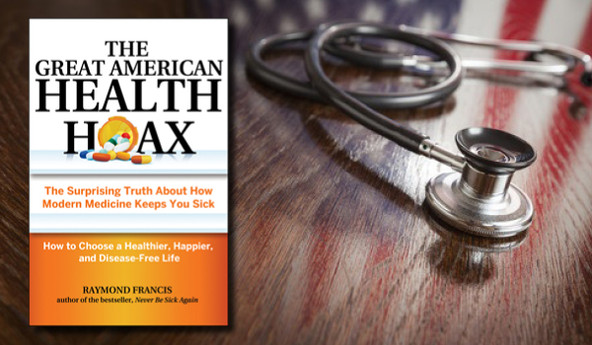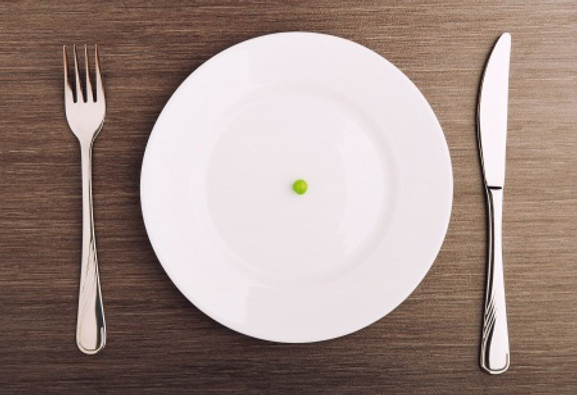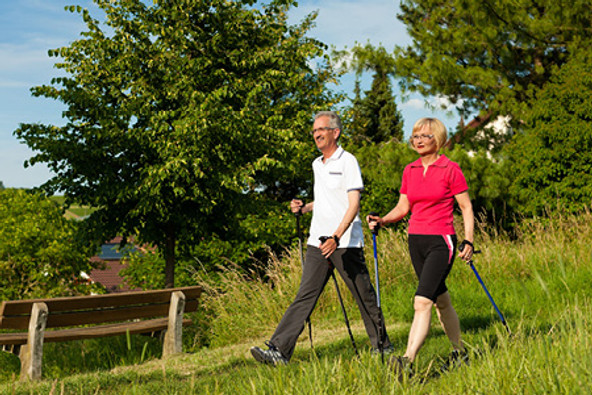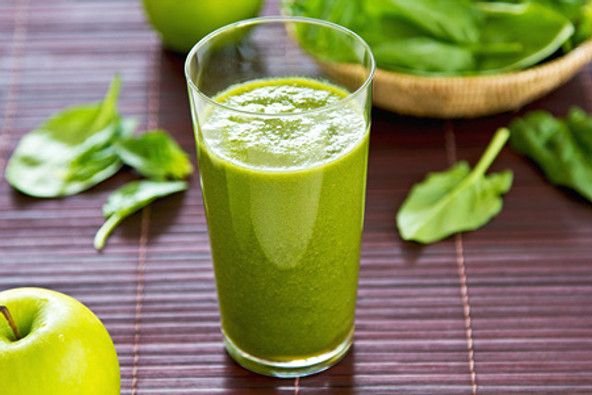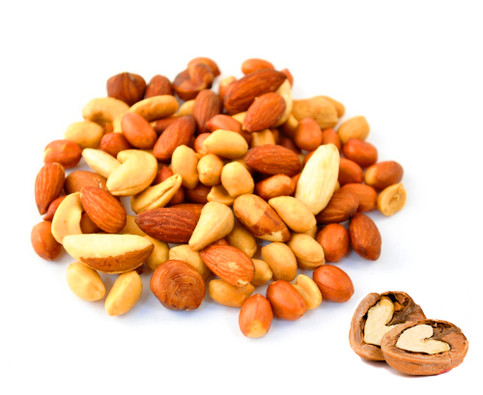Posted by Beyond Health on Nov 3rd 2025
Are Organics Worth the Price? YES!
An international team of researchers, including the renowned Charles Benbrook at Washington State University, reviewed 343 peer-reviewed studies comparing organic with conventional produce. Their conclusions? Organic food is more nutritious, especially in antioxidant polyphenols that have been linked to lowering the risk of chronic diseases like heart disease, neurodegenerative disease and cancer. Organic produce is safer. Conventionally grown crops were 4 times more likely to contain pesticide residues and, in addition,they had significantly higher concentrations of the toxic heavy metal cadmium. When interviewed, Benbrook noted that the quality and reliability of comparison studies has greatly improved in recent years leading to the discovery of significant nutritional and food safety differences not detected in earlier studies. In 2003, the Centers for Disease Control and Prevention (CDC) reported finding pesticides in every one of the 9,000+ Americans they tested. The…
read more Fuel your life with the purest vitamins
Fuel your life with the purest vitamins
